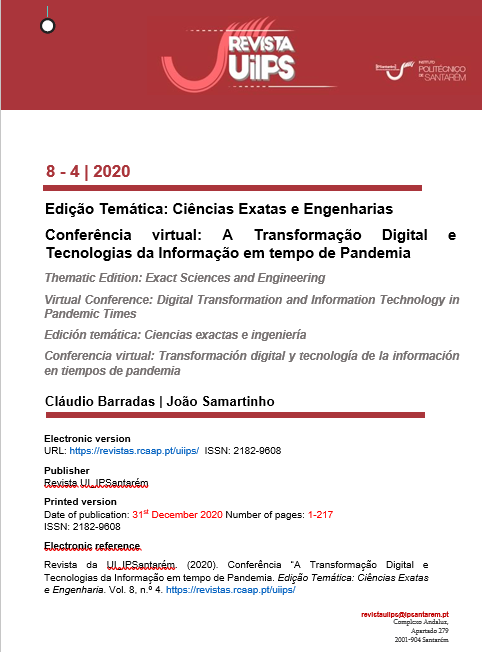Mobile Money as an instrument of rural development in northern Mozambique
DOI:
https://doi.org/10.25746/ruiips.v8.i4.21966Keywords:
mobile money, trust, social inclusion, productivity, and developmentAbstract
This article analyses the role of mobile money in expanding financial inclusion in northern Mozambique in an extremely poor rural extremely region. In Niassa, a region disadvantaged in infrastructure, bank branches and fixed-line telecommunications, mobile phones offer windows of opportunities for development. In isolated regions the absence of fiat currency for peer-to-peer payment (P2P) payments is an important constraint to the creation and development of markets. The article suggests an increase in productivity derived from the occupational shift from subsistence agriculture to services, indications of saving creation and introduction of technology in production processes. The fragile knowledge of the concept of electronic money tends to mitigate the acceptance by women and older people (over 41 years) of new financial instruments. The phone when using mobile money in essential operations such as deposits, payments, transfers and financing becomes a relevant tool for monetizing the economy and consequent socio-economic development, and monitoring it.
Downloads
Published
How to Cite
Issue
Section
License
Authors publishing in this journal agree to the following terms:
Authors retain copyright and grant the journal the right of first publication, with the article simultaneously licensed under the Creative Commons Attribution License that allows sharing of the work with acknowledgement of authorship and initial publication in this journal.
Authors are permitted to enter into additional contracts separately for non-exclusive distribution of the version of the article published in this journal (e.g., publish in an institutional repository or as a book chapter), with acknowledgment of authorship and initial publication in this journal.
Authors have permission and are encouraged to publish and distribute their work online (e.g., in institutional repositories or on their personal webpage) at any point before or during the editorial process, as this may generate productive changes, as well as increase the impact and citation of the published work.



